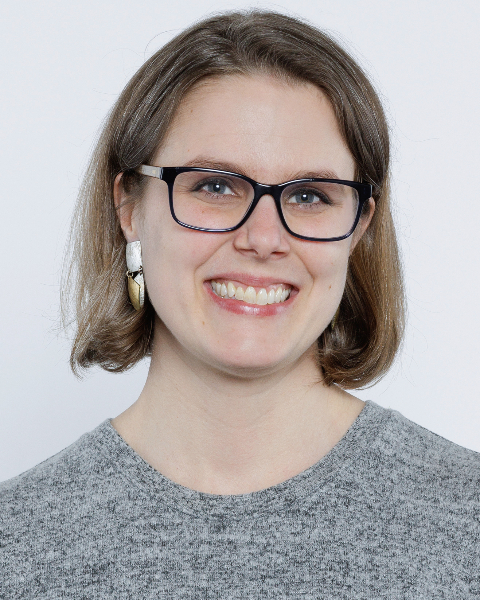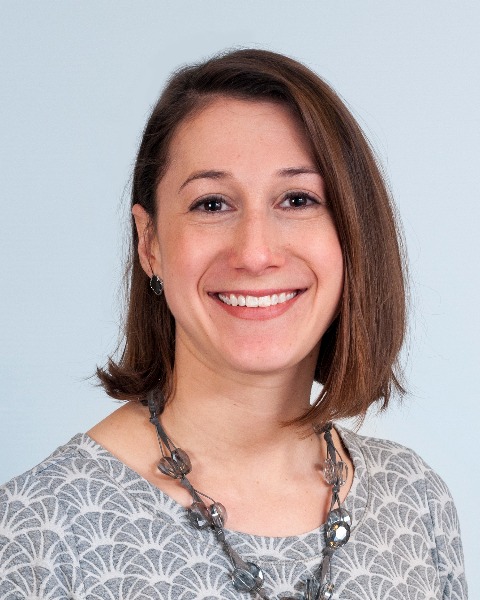Symposia
Technology/Digital Health
3 - (SYM 33) Efficacy of Guided Smartphone-based Cognitive Behavior Therapy vs. Healthwatch for Obsessive-compulsive Disorder: A Randomized Controlled Trial
.jpg)
Sabine Wilhelm, Ph.D. (she/her/hers)
Professor, HMS; Chief of Psychology, MGH; Director, Center for Digital Mental Health, MGH
Harvard Medical School
Boston, Massachusetts, United States.jpg)
Sabine Wilhelm, Ph.D. (she/her/hers)
Professor, HMS; Chief of Psychology, MGH; Director, Center for Digital Mental Health, MGH
Harvard Medical School
Boston, Massachusetts, United States- JG
Jennifer L. L. Greenberg, Psy.D.
Psychologist/Assistant Professor
Massachusetts General Hospital/Harvard Medical School
Boston, Massachusetts, United States 
Ryan J. Jacoby, Ph.D.
Clinical Psychologist
Massachusetts General Hospital; Harvard Medical School
Boston, Massachusetts, United States
Hilary Weingarden, Ph.D. (she/her/hers)
Psychologist/Assistant Professor
Massachusetts General Hospital
Boston, Massachusetts, United States- SH
Susanne S. Hoeppner, Ph.D., M.Ap.Stat.
Biostatistician epidemiologist
Massachusetts General Hospital
Boston, Massachusetts, United States - IS
Ivar Snorrason, PhD (he/him/his)
Staff Psychologist
Massachusetts General Hospital / Harvard Medical School
Boston, Massachusetts, United States - AJ
Adam Jaroszewski, Ph.D.
Post-Doctoral Fellow
Massachusetts General Hospital
Boston, Massachusetts, United States - DK
Dalton Klare, M.A., M.S. (he/him/his)
Data Analyst/Clinical Data Manager
Massachusetts General Hospital
Boston, Massachusetts, United States - TM
Thomas McCoy, MD
Assistant Professor of Psychiatry
Massachusetts General Hospital / Harvard Medical School
Boston, Massachusetts, United States - OH
Oliver Harrison, MA, MBBS, MPH
CEO
Koa Health
Barcelona, Catalonia, Spain
Speaker(s)
Co-author(s)
Background: OCD is an often severe, disabling and chronic condition App-based cognitive behavioral therapy (CBT) addresses many of the barriers that preclude, or significantly delay, access to CBT, the first line psychotherapy for OCD. Although several OCD treatment apps are commercially available, none have been empirically tested. In the present study, we tested the efficacy and acceptability of a smartphone-based CBT vs. HealthWatch for OCD.
Methods: One hundred twenty adults with primary OCD were randomized to either 12-weeks of coach-supported app-based CBT (Perspectives OCD) or a coach-supported online health and well-being program (HealthWatch) between 2021and 2023. Bachelor’s-level coaches were available via asynchronous messaging and two phone calls to promote engagement; coaches did not provide therapy. To enhance generalizability, we prioritized inclusivity and reducing bias in program design and recruitment strategies; participants were recruited nationally and assessments were completed virtually at baseline, mid-treatment (week 6), and end-of-treatment (week 12). Randomization was stratified based on psychotropic medication status. The primary outcome was OCD symptom severity (Yale-Brown Obsessive-Compulsive Scale; Y-BOCS). Secondary outcomes included depression, quality of life, and functioning. Acceptability was assessed with the Client Satisfaction Questionnaire (CSQ). Independent evaluators were blinded to condition.
Results: Participants were predominantly female (82.4%), white (77.5%), with a mean (SD) age of 40.1 (15.1) years. Perspectives was associated with greater baseline- to post-treatment improvement in OCD symptoms, functioning and quality of life. There was a trend level difference in Y-BOCS between Perspectives and Healthwatch at week 12. The response rate ( > 25% reduction in Y-BOCS) was 65% in app-CBT and 41% in HealthWatch. Perspectives’ participants were more severely ill at baseline than those in Healthwatch. Of those who completed treatment, 83% (45/53) of Perspectives and 43% (19/44) of Healthwatch participants were mostly or very satisfied. Ninety percent (48/53) of Perspectives and 54% (24/44) of Healthwatch participants would recommend their respective program to a friend with similar problems.
Conclusions: Both guided digital treatments were acceptable and improved OCD symptom severity. However, Perspectives led to greater improvements in OCD symptoms over time. Coach-guided app-CBT is a safe, acceptable, effective, and scalable treatment for adults with OCD.

.png)
